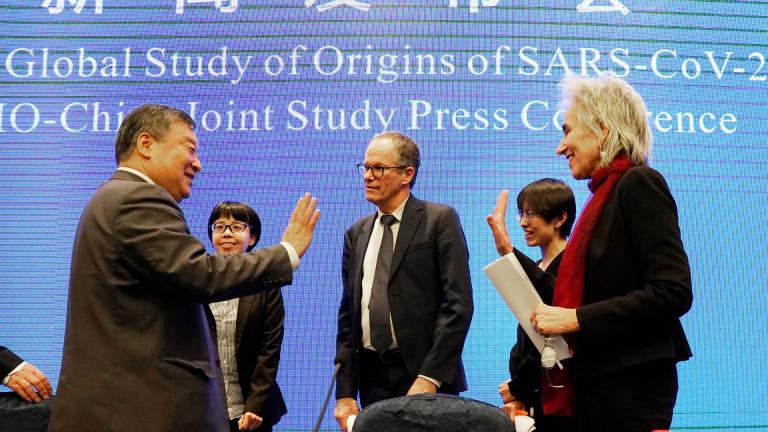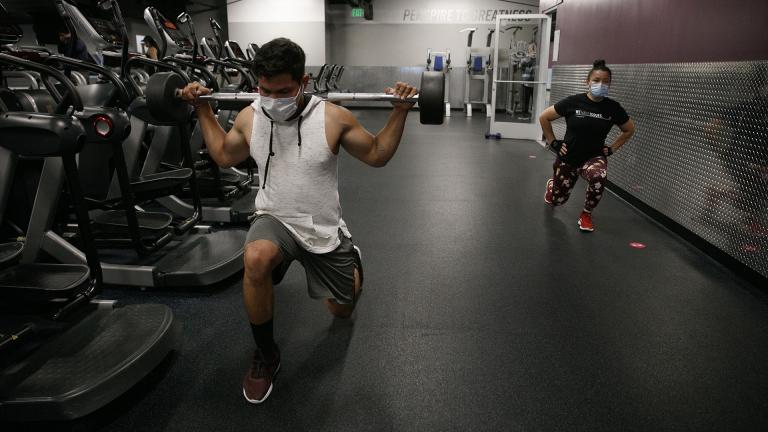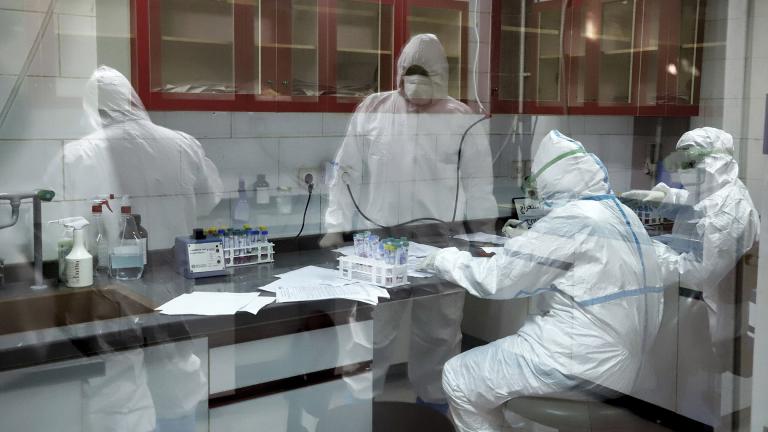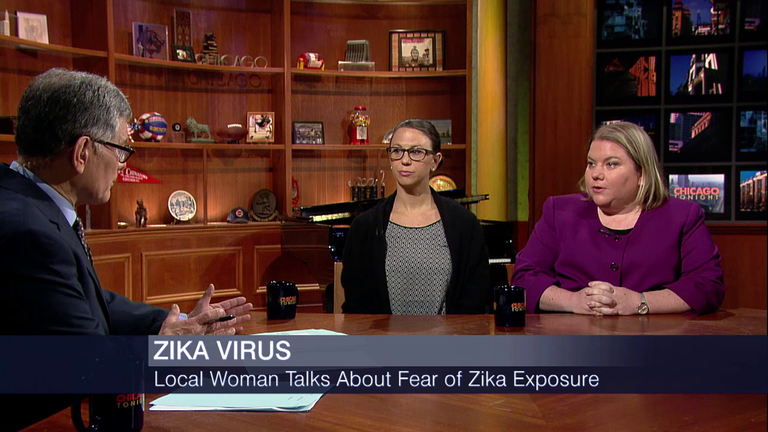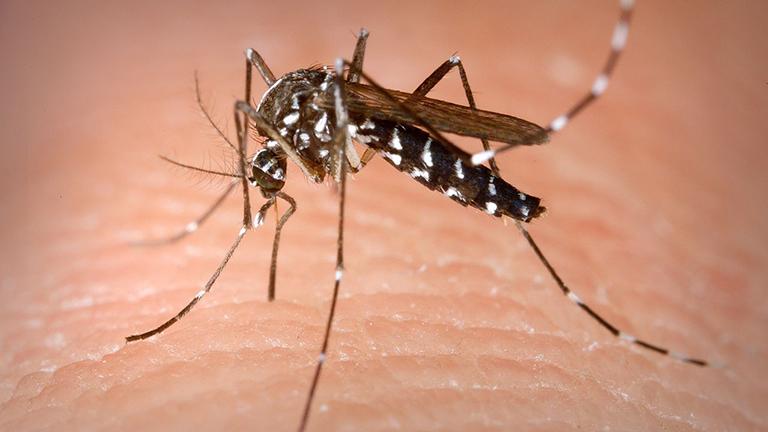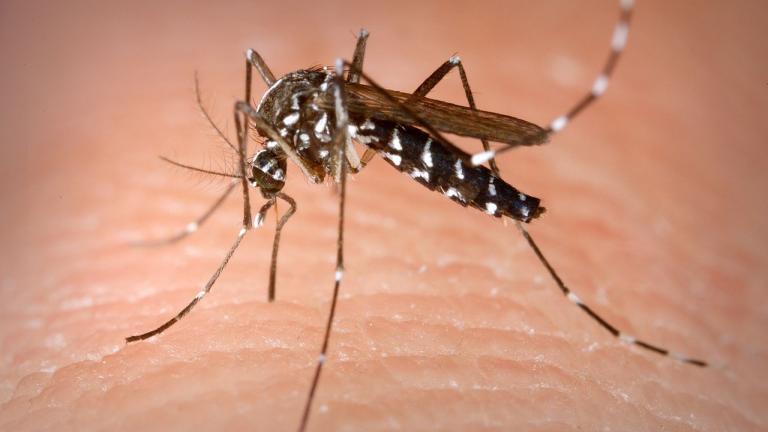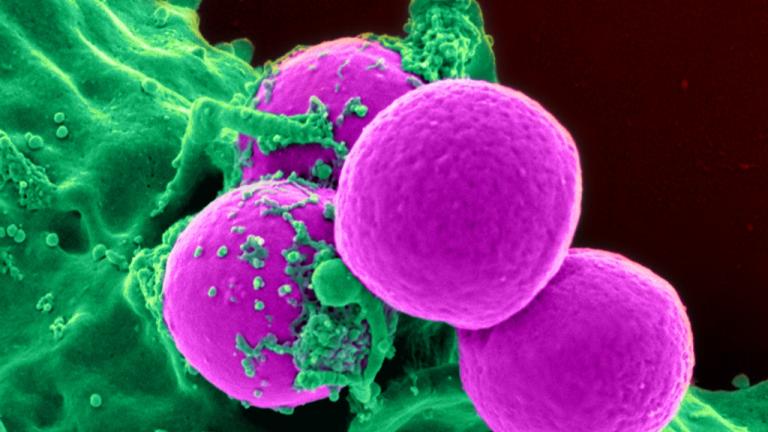A senior World Health Organization official said Monday it was “premature” and “unrealistic” to think the pandemic might be stopped by the end of the year, but that the recent arrival of effective vaccines could at least help dramatically reduce hospitalizations and death.
World Health Organization
The coronavirus most likely first appeared in humans after jumping from an animal, a team of international and Chinese scientists looking for the origins of COVID-19 said Tuesday, dismissing as unlikely an alternate theory that the virus leaked from a Chinese lab.
The United States was grappling with the worst coronavirus outbreak in the world on Monday. Meanwhile, two World Health Organization experts went to China for a mission to trace the origin of the pandemic.
In a change to its previous thinking, WHO noted on Thursday that studies evaluating COVID-19 outbreaks in restaurants, choir practices and fitness classes suggested the virus might have been spread in the air.
The United States is WHO’s largest single donor, contributing between $400 million and $500 million annually to the Geneva-based agency in recent years.
Expressing alarm both about mounting infections and inadequate government responses, the World Health Organization declared Wednesday that the global coronavirus crisis is now a pandemic but added that it’s not too late for countries to act.
Handwashing. It’s something we’ve all be doing since we were toddlers and, as it turns out, we’ve probably been doing it wrong. The World Health Organization shows us how it’s really done.
The Zika virus has been shown to cause microcephaly and other fetal brain abnormalities. We talk with a local woman, pregnant with her first child, who has been dealing with the terrifying possibility that she and her unborn child may have been exposed to the virus.
The city on Monday morning confirmed the first case of Zika virus. The patient, who was identified as a woman in her 30s, visited Presence Saint Joseph Hospital after returning from a trip to Columbia with symptoms consistent with the virus.
On Monday, the World Health Organization declared the Zika virus an international public health emergency. Dr. Allison Arwady, chief medical officer of the Chicago Department of Public Health, joins us to discuss the virus and the risk it poses to Chicago jet-setters.
Hot dogs, bacon and other processed meats can cause cancer as well as red meats, according to a new report by the World Health Organization’s research division. How much is too much? We discuss the findings with a dietician and a professor whose research focuses on meat sciences.
The World Health Organization warns that the rise of antibiotic-resistant bacteria or "superbugs" means that we could be on the brink of a "post-antibiotic era" in which common infections and minor injuries can once again kill. They say the situation is "so serious that it threatens the achievements of modern medicine." We talk with two experts about the scale of the threat and what we can all do to try and contain it.


